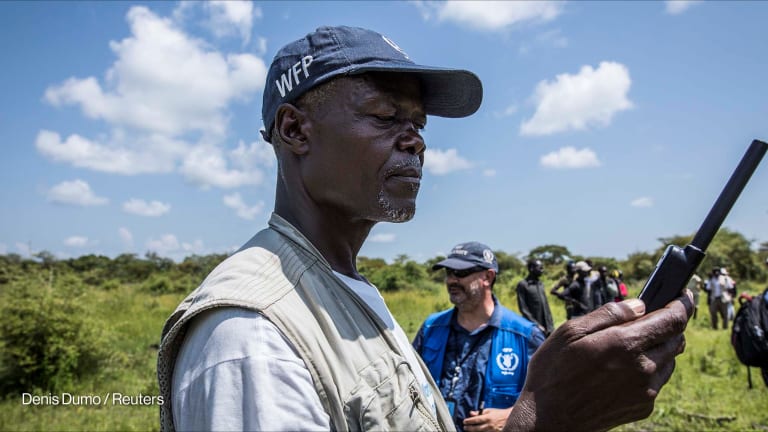As summer spills into the Levant, the Karam Foundation — a small private charity working in Syria — is readying for Ramadan. For the last five years of the Syrian conflict, dozens of nongovernmental organizations and aid agencies have distributed food baskets to families in need, timed with the holy month for Muslims. Before starting their effort this year, Karam Foundation asked beneficiary communities: What do you need?
The response, said CEO Lina Sergie, was astonishment. “They’re used to NGOs telling them, ‘we’re going to distribute X, Y, Z,’” she said. “When we turned the question around — what can we provide? what do you need? what’s available in your community? — some didn’t know what to say.” As recipients, they weren’t accustomed to being at the center of aid.
To Sergie, the experience was just one in a string of incidents since 2011 that have convinced her that the humanitarian system is failing her home country of Syria. Supplies don’t match the needs; besieged communities get help only if fighting and politics allows; and the assistance consistently falls short of needs.








